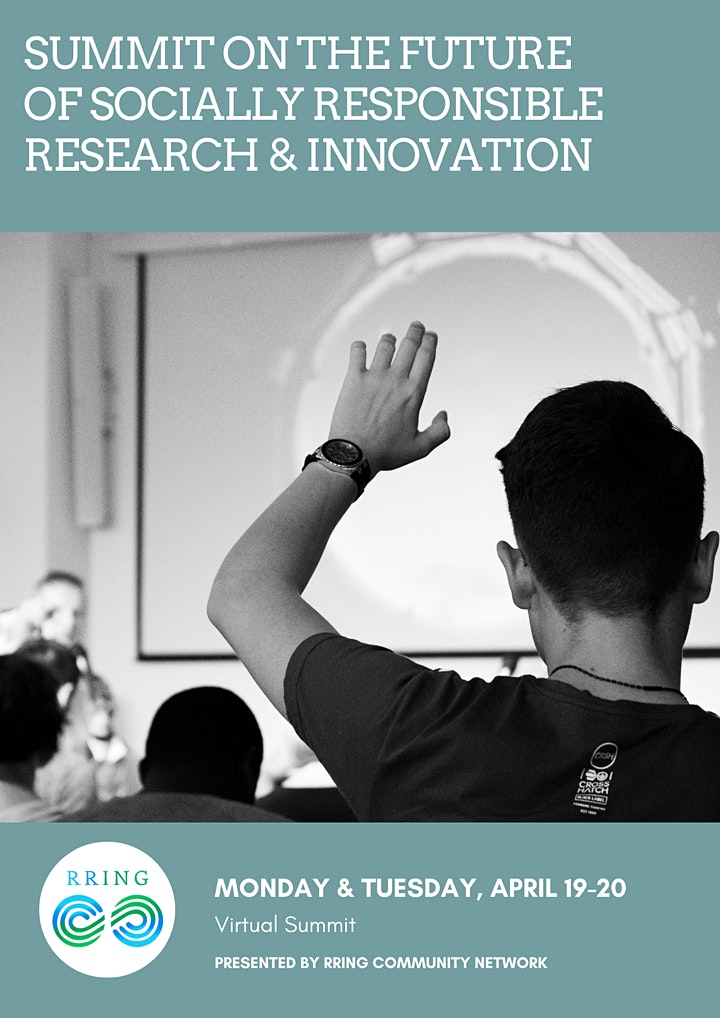The RRING project is nearing completion. The RRING online summit on 19-20 April will bring together the projects leading proponents and participants over two days to highlight, discuss and expand upon the learning and insights gained from the communities activities.
Over the past year the RRING project has conducted a number of activities to increase understanding on how socially responsible research and innovation is viewed across the globe and develop recommendations for improving this in line with the 2017 global agreement called the Recommendation on Science and Scientific Researchers (RSSR).
RRING activities have shown that better collaboration among all science and technology stakeholders is needed for an advocacy directed toward influencing public policy and decision-making by policymakers to improve aspects such as public engagement, open access, gender, ethics, and science education and to allow science and technology to contribute to the achievement of the Sustainable Development Goals (SDGs).
To support science and technology stakeholders and empower them with the tools to achieve ever more responsibility and freedom in research and innovation, RRING has been developing recommendations for the development of competitive advantage based on RRI and conducting trials with countries supporting them in measuring progress on the priority areas of the Recommendation on Science.

During the RRING final summit Michela Bertero co-ordinator of ORION and Head of CRG’s International and Scientific Affairs Office, will represent the project in the panel session "Where does RRI fit in the future?" on 20 April at 15:15 CET.
More information
For more information about the RRING project and its activities have a look at the project website. Join the discussions during the RRING summit on 19-20 April by registering via Eventbrite.
Join the RRING community!
RRING is now evolving beyond the project itself to become an open and welcoming community, spreading and sharing the ideas of responsible research and innovation. Its current members span over 60 countries. They share a common vision to learn from, share and connect outstanding research practices all over the world to improve the quality and impact of scientific research on a global level.
Through its training, knowledge sharing and networking activities that have already begun, the RRING community will not only support the national assessment and reporting processes that examine the norms and standards associated with the RSSR, but will also enable practice and knowledge exchanges with scientific communities globally, to seek ways to improve, apply and develop specially-designed tools.
For those interested in joining the RRING community, please register via the RRING website.